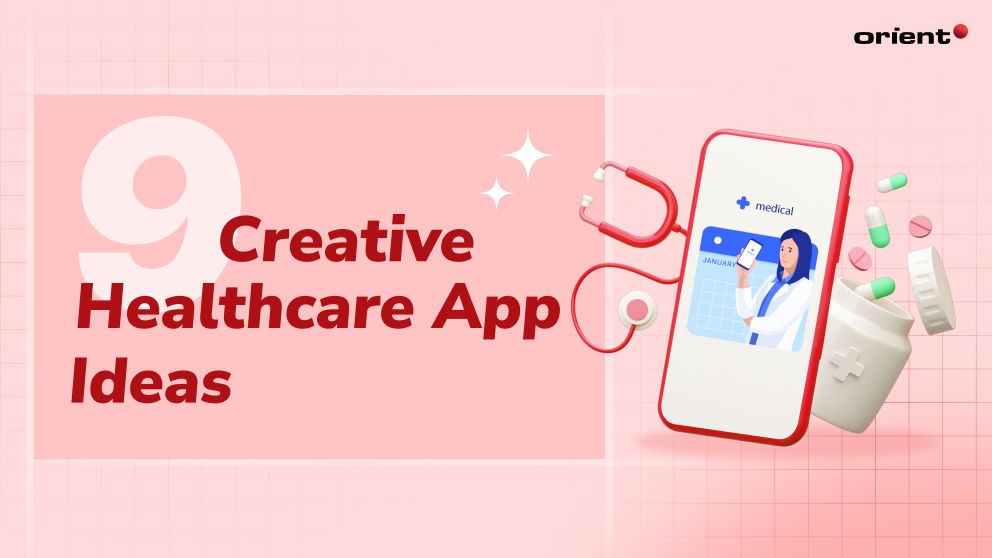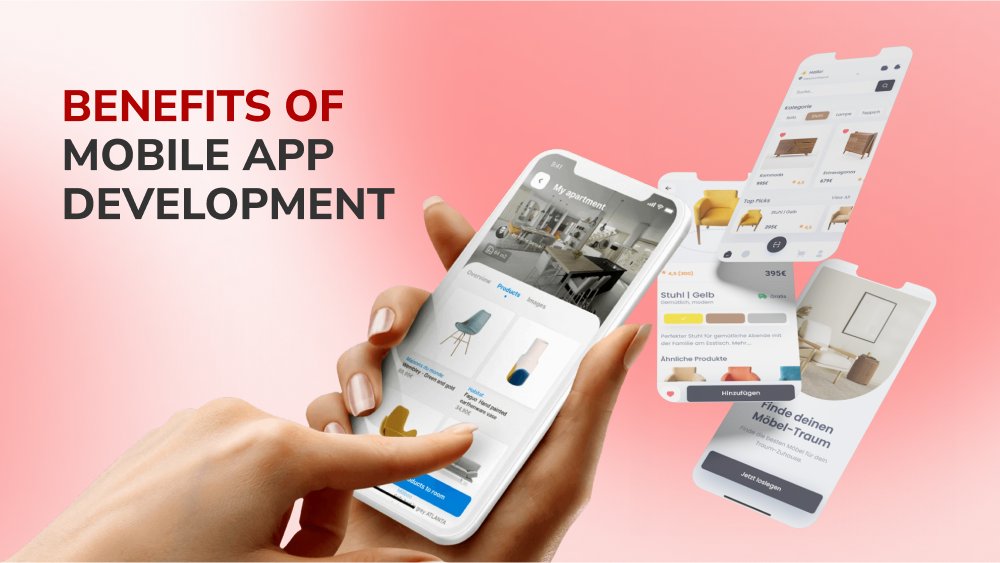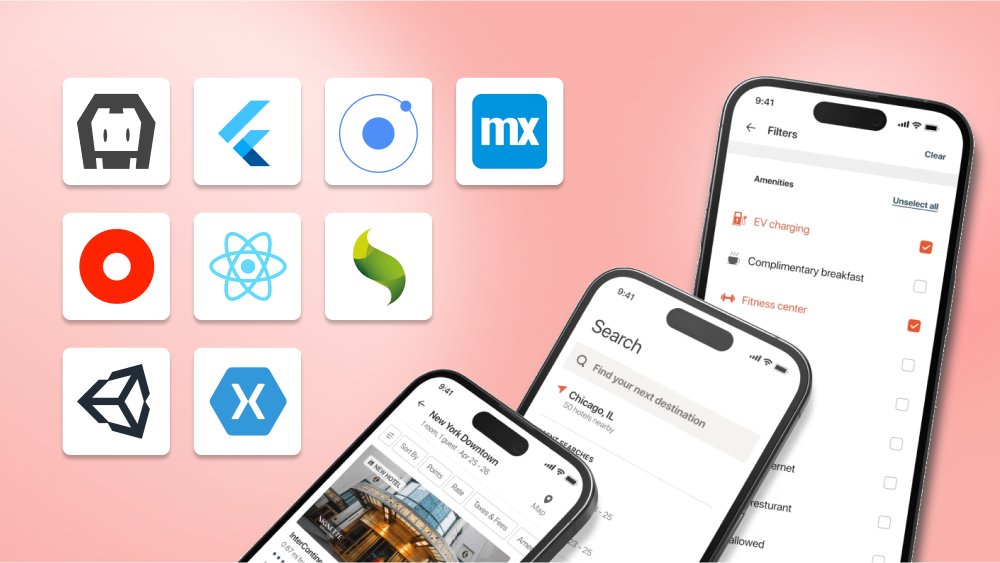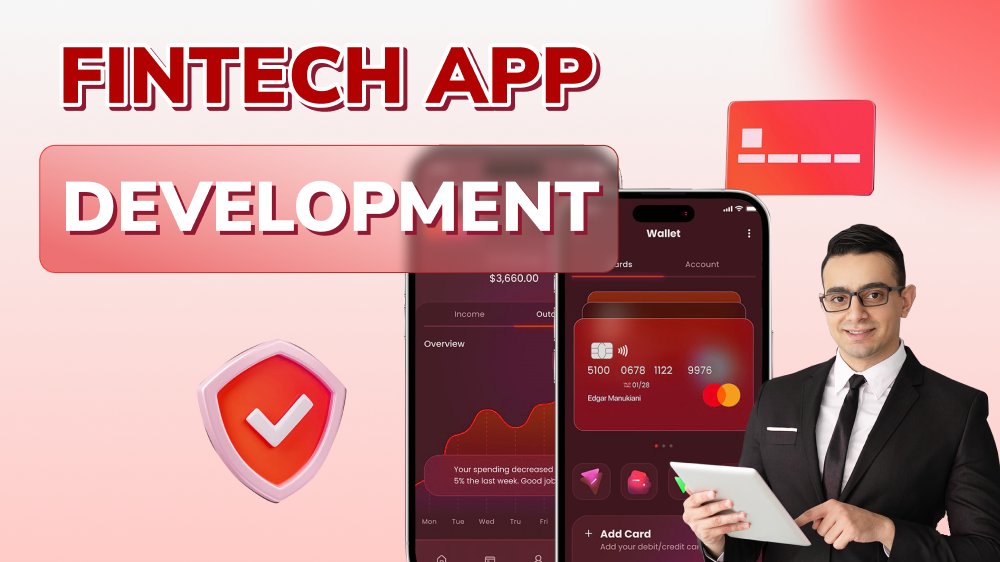Nine Creative Healthcare App Ideas to Inspire You

Content Map
More chaptersAccording to a recent Insider Intelligence survey, over two-thirds (63.4%) of U.S. adults have used an app for health-related reasons in the past year.
90% of doctors already have a smartphone in their office, where they can use it to check their electronic health records (EHRs), chat with their colleagues, reference information, or keep track of their appointments. With more and more apps and services emerging, it’s becoming easier and more accessible for doctors to use their phones as clinical tools, freeing up time for them to spend with their patients.
Healthcare apps have become a vital part of our everyday lives - whether to keep track of specific fitness metrics or get information on their own health conditions.
Are you looking to participate in the large and potential market of healthcare apps? If you don’t know where to start, here are nine healthcare app ideas to help you.
Types of Healthcare Apps

No matter the type of app you are developing, you first need to understand your potential target audiences. When it comes to medical apps, there are three main kinds of different apps. Do keep in mind that there are many ways to categorize medical apps.
- Apps for medical providers: Examples include medical and drug reference apps, remote patient monitoring apps, telemedicine apps, medical calculators, and so on.
- Apps for Patients: e.g., Symptom Checker app, self-monitoring app, mental health app, wellness app, etc.
- Apps for administration: For instance, medical billing app, inventory management app, equipment management app, etc.
Why Are Healthcare Apps Worth It?

The massive user base of healthcare apps is attractive. At the same time, however, it can be a competitive market. Even then, medical apps have enormous untapped potential that makes investing in them worth it.
- Higher Patient Satisfaction: The convenience of on-demand digital solutions will enable your patients to access all the required features whenever and wherever. The patient’s needs are met quickly without the hassle of looking for a clinic, booking an appointment, and driving.
- Better Equipment Management: Medical equipment is expensive and complicated. Therefore, hospitals and healthcare providers are constantly looking for ways to make sure critical equipment is properly serviced and maintained, operational costs are managed, and relevant inventory management is managed well.
- Comprehensive Patient Monitoring: Thanks to healthcare apps, both the doctor and the patient wouldn’t have to worry about storing and losing the patient’s health record. The health data can be stored safely on the cloud and accessed when needed. Physicians can even track data in real-time thanks to wearable devices. This allows medical experts to share the data when needed and make more accurate diagnoses while monitoring patients more efficiently.
- Strong Venture Capital in Digital Health: As digital health technology becomes more popular, venture capital investment in the field has grown significantly. Venture capital investments in tech firms serving pharmaceutical and healthcare industries increased 27% in 2021, with the total deal value increasing from $33 billion to $42 billion. This trend is expected to continue in 2022 as consumers continue to embrace and demand digital health technology.
Top Healthcare App Ideas

Mental Health Apps
The American Psychological Association reported that there was an unprecedented surge in venture capital funding for apps and technologies related to mental health in 2020 and 2021, driven by an increase in needs for mental health services due to COVID-19. The pandemic has also reduced the stigma surrounding this topic.
Mental health apps are a broad topic. It can refer to relaxation apps, mood booster apps, meditation apps, sleep tracking apps, apps for therapy, or even suicide awareness. No matter what kind of mental health app, it can be categorized as a self-management app or a communication app to connect with healthcare professionals.
A mental health application should, however, focus on bridging the patient-to-mental health barrier and providing patients with experience and expertise that can be utilized by healthcare systems.
Personal Medical Records Apps
If you are looking for mobile app ideas, a personal medical records app is a great one to consider. Any patient would love to have centered data storage for all their doctor visits, tests, and other sensitive medical data.
This app almost functions as a medical diary. As people nowadays almost always have their phone with them, a personal medical record mobile app is a great choice for users to log in their information when needed. The data then can be shared with medical professionals so doctors have a better understanding of the patient’s medical history and make more accurate diagnoses.
This app should include features like effective healthcare document management, intuitive interfaces, and, most important of all, security functions. More advanced features, like comparing test results, can be considered, too.
Sleep Tracking App
Statista Consumer Insights has found that nearly 20% of online survey participants in India and one-quarter of respondents in China reported using sleep-tracking apps in the year before the survey. In the U.S., about one-quarter of adults reported using such apps.
Not getting enough quality sleep on a regular basis may increase the risk of a variety of diseases and disorders, including cardiovascular disease, stroke, obesity, and dementia. Getting good sleep is important for your health, mood, and brain performance.
A sleep tracker, as the name suggests, is a healthcare mobile app that tracks its users’ sleep patterns, analyzes them, and then makes suggestions in order to achieve restful sleep. The app might also provide sounds or music to help you quickly fall asleep.
Appointment Booking App
An appointment scheduling app is an additional practical medical mobile app concept. This app is useful for both users and medical professionals because it has features like searching for nearby doctors, looking for open appointment times, booking an appointment, and rescheduling. Doctors only need to enter their free time slots, and patients can immediately check for free slots to book appointments whenever it is convenient for them.
Other features that may be included in this app include notifications to remind patients of their appointments and video consultations.
Women’s Well-being Healthcare Applications
One large focus in the healthcare industry is women’s health and well-being. In 2022, the global women’s health app market was worth $3.2 billion and is projected to increase at a CAGR (Compound Annual Growth Rate) of 19.6% between 2023 and 2030.
Features in a medical app targeted towards women may include trackers of their ovulation, menstrual cycles, flow calculations, or pregnancy-relevant metrics. The app can also provide medical research articles, exercise suggestions, and connections to a gynecologist when needed.
Doctor-On-Demand Application
If you already have some ideas for mobile apps lined up, add doctor-on-demand apps to the list. Many of us have likely gone through the process of searching for a particular type of physician. We may have consulted friends and family and then attempted to schedule an appointment. Unfortunately, the physician was either unavailable for the next two months or was located too far away.
An on-demand doctor app will take all of that burden away. The app can provide its users with features involving browsing for a physician in the area, booking online consultations, and even seeing reviews of previous patients. This app can be targeted towards elderly patients who have trouble moving around or those who don’t have as much access to modern healthcare.
Health Reminders & Remote Patient Management Apps
Closely related to on-demand doctor apps are health reminders and remote patient management apps. With our phones with us all the time, this could easily become one of the must-have mobile healthcare apps for many patients.
It is common for patients to forget to take their medication. This can be a result of their hectic schedule or the several drugs that must be taken at various intervals of time. In many cases, this can result in serious health complications.
Healthcare app developers can leverage this idea to add other interesting features to the app, including setting goals for the users to achieve, follow-up appointment reminders, and so on. Health reminders can also act as a feature in health-tracking apps.
With regard to chronic diseases like diabetes, blood pressure, cancer, etc., it is important to keep track of the vitals, check supplement intakes, and have a timely doctor check-up.
Pharmacy Delivery App
The previously mentioned healthcare app development ideas are all closely related to telemedicine apps, patient monitoring, or mental health apps. If you are looking to work on healthcare app ideas outside those general categories, a pharmacy delivery app is a great way to kickstart a project.
Pharmacy delivery apps and electronic prescribing are closely related. With e-prescribing, healthcare providers enter your prescription info into a computer, like a tablet or laptop, and send it to pharmacies securely using a software program and a network connection. Once a pharmacy gets your request, they can start filling your prescription right away.
Pharmacy delivery apps, along with e-prescriptions, are great tools for patients who are often left alone by themselves. These apps should be able to safely store the patient’s data and alert doctors or hospitals if any medical conflicts arise. Other features may include delivery tracking, pharmacy store information, drug database, etc. Do note that every data presented in the app should strictly comply with the laws, regulations, and HIPAA (Health Insurance Portability and Accountability Act).
AR/VR - Driven Healthcare App
The last one on our list of medical mobile app ideas is Augmented Reality (AR) and VR (virtual reality) driven apps.
AR and VR use are beneficial for both medical practitioners and patients. The utilization of Augmented Reality (AR) and Virtual Reality (VR) technologies is advantageous for both medical professionals and patients. These technologies are utilized for the purpose of training and facilitating medical education, simulation of practical medical practice, body mapping, and precise risk and disease diagnosis. The potential applications of such technologies are endless. Healthcare applications utilizing Augmented Reality and Virtual Reality have the potential to revolutionize the future of healthcare.
Last Note
Above are only some healthcare app ideas in the sea of innovative app ideas. No matter which idea you choose to pursue, be sure to equip yourself with sufficient knowledge, understand the target audience, and be keenly aware of the laws and regulations.
If you don’t want to embark on this journey alone, why not have a team of professionals on board with you? Orient Software Team is ready to take on the journey ahead with you. The team offers custom software solutions, so just tell us what your vision is, and seasoned experts will take good care of the rest for you.







